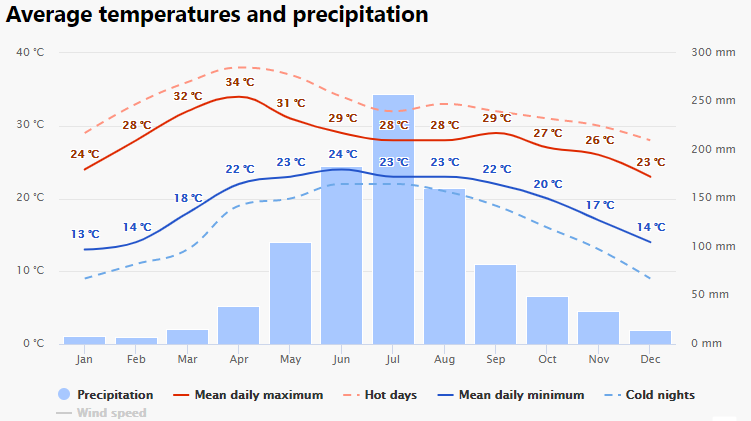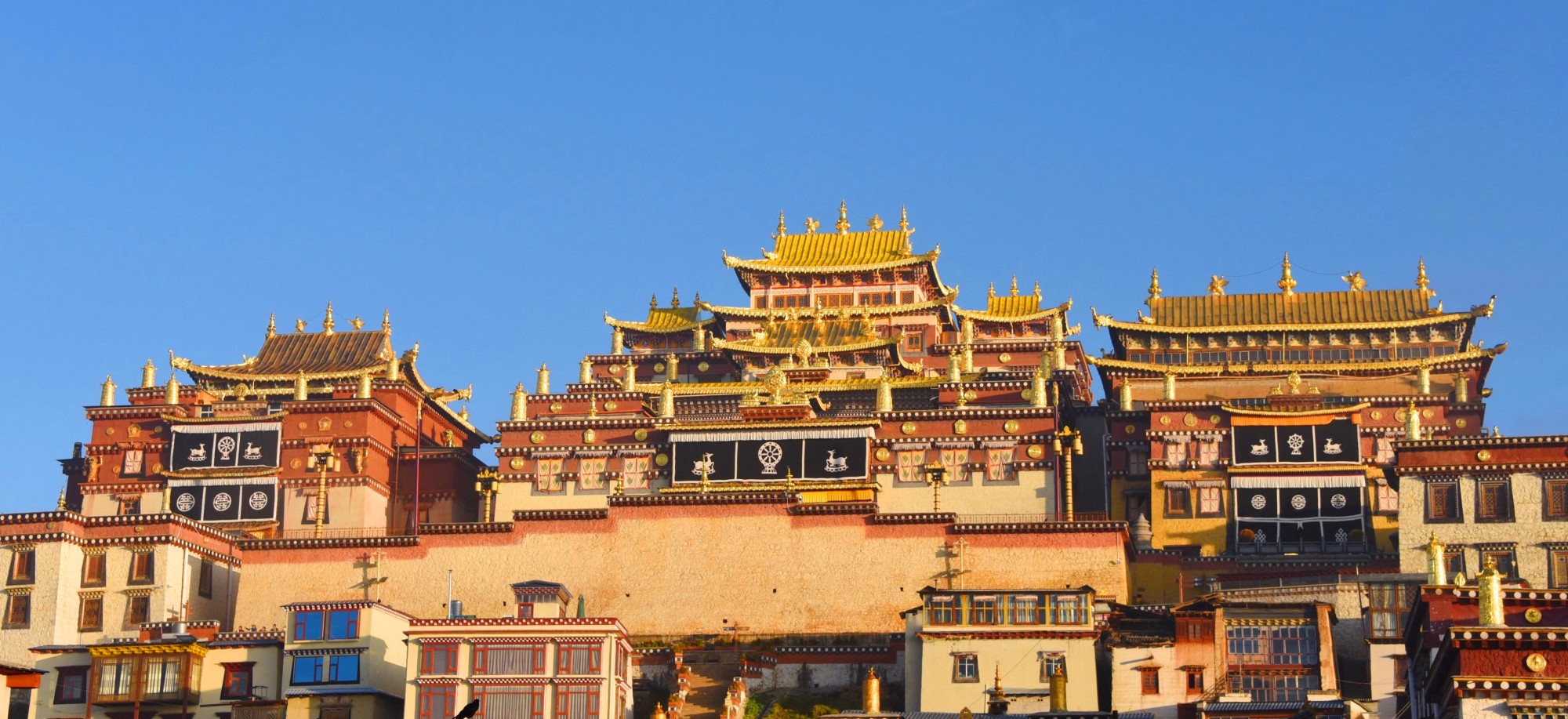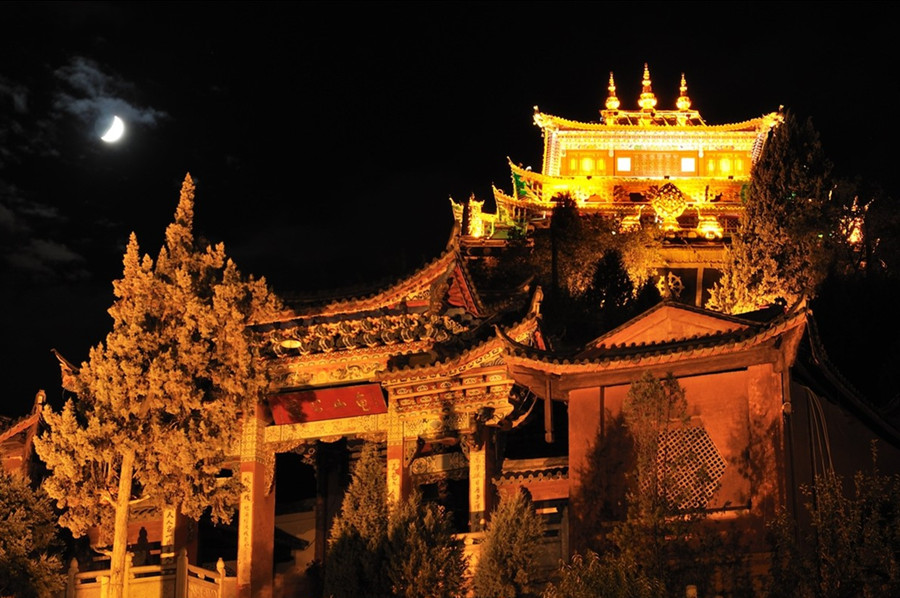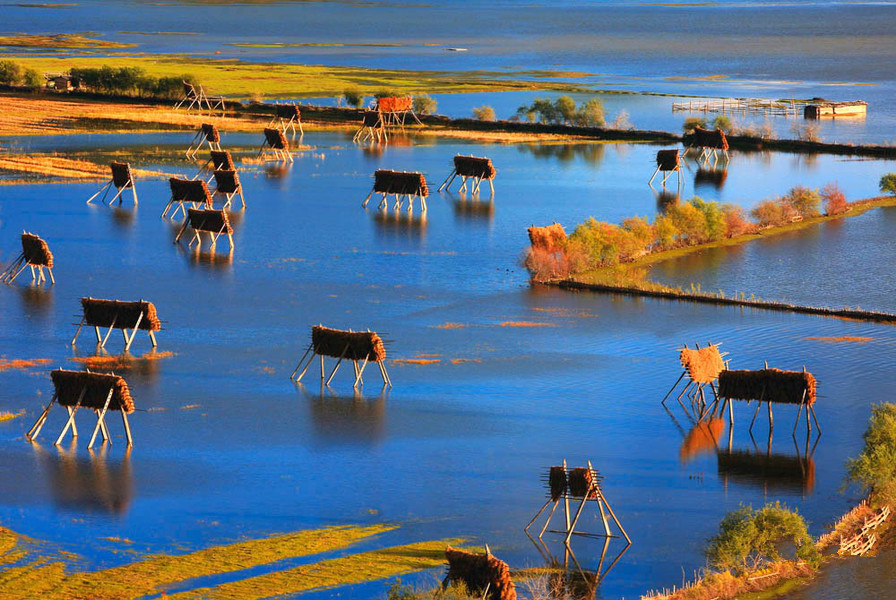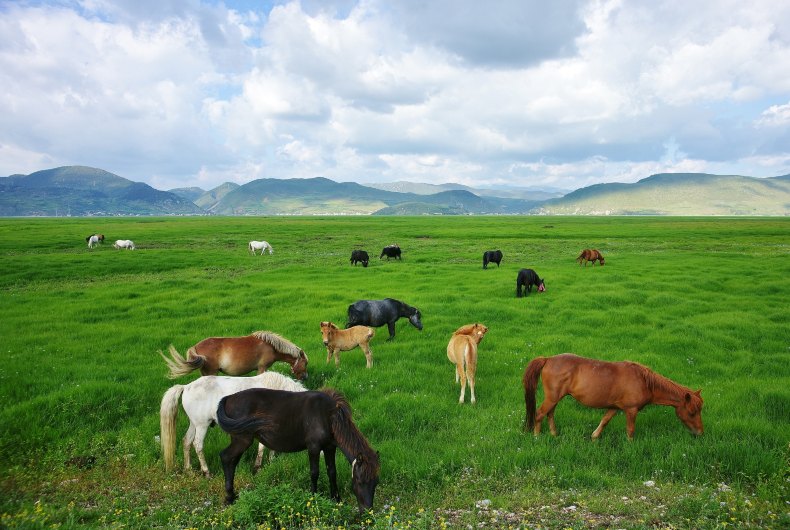Diqing Climate
The information on Shangri-la climate could be helpful for preparing a Yunnan travel. Diqing enjoys a typical plateau climate, and it may snow in August. The city is surrounded by the Hengduan mountain range, and the terrain varies greatly, so the temperature difference throughout the day is large. Sometimes, travelers can even experience all four seasons within a day. July to September is the rainy season. Tourists usually choose to visit Diqing in summer or autumn, when the temperature is moderate.
Features of Diqing Climate
The climate in Diqing Tibetan autonomous prefecture is temperate- cold temperate climate. The annual average temperature is 4.7- 16.5℃, the annual extreme maximum temperature is 25.1℃, and the minimum temperature is -27.4℃. With obvious three-dimensional climate, there is a saying of "A mountain has four seasons" in Diqing.
Diqing Weather and Climate by Month
What to Pack for a Diqing Trip
- Spring(March-May): In Spring, the temperature in Diqing slowly rises, from cold to mild, but the overall temperature is relatively low. Tourists to Diqing should wear sweaters and coats, and dress in layers to adapt to the large temperature difference.
- Summer(June-August): June to August is the rainy season, and Diqing has the highest temperature at this time. In summer, tourists are supposed to bring light clothes for the daytime and warm clothes for the night. Besides, remeber to bring an umbrella, hat, sunglasses and sunscreen.
- Autumn(September-November): As autumn goes on, the weather gets colder and drier. Long-sleeved clothes and warm coat are needed at this time.
- Winter(December-February): It's very cold in winter. If it snows, the temperature may drop below 0°C in the morning and evening. Therefore, it's important to keep warm in winter. Thermal underwear, sweaters, thick coat/down jacket, gloves, scarf, and warm hat are necesary when travelling in Diqing.
Best Time to Visit Diqing
Diqing is about 3,300 meters above sea level. Like all plateau, the temperature difference in Diqing between morning and evening is large and the wind is strong. It is recommended to visit Diqing from May to July and September to October. There are many festivals and activities at this time, the weather is also ideal for travel. Flowers are in full bloom, and there are green grass and trees everywhere, with the most beautiful scenery.
- May- June: The end of spring and early summer is the most beautiful time of Shangri-La because of the full bloom of azalea (but the bloom time may delay along with the change of weather). In the middle of June, there are wild flowers in blossom everywhere, such as irises.
- July- August: Flowers are blooming and colorful, but this is the rainy season of the year.
- September- October: September to October is autumn. Wolf poison flowers are in bloom, and Diqing is rich in color. At this time, the scenery is beautiful and suitable for photography.
- November: It begins to snow in Diqing. Diqing is in single color, and the weather is colder.
- December: At this time, Diqing owns the most beautiful snow scene, and you can see the black-necked crane as well.
Avoid Public Holidays in China
Try to avoid the public holidays of China, such as May Day Holiday(May 1-3), National Day Holiday(October 1-7), Spring Festival Holiday(Usually early February), Qingming Festival(in early April), Dragon Boat Festival(in June). Spring festival and national day festival are the most crowded time to travel. During these holidays, there will be a large crowd in the tourist attractions and you can't really enjoy yourself. Flights and hotels are usually more expensive than usual.
High Altitude Sickness
Diqing is more than 3,300 meters above sea level. Some people may have a little altitude sickness, but it's usually not serious. If you want to go to the mountain pass, which is more than 4000 meters above sea level, it is better to take more preventive measures. Before going to the plateau, you can take some medicines to alleviate the altitude reaction, such as rhodiola rosea, American ginseng tablet and so on.

 7 Days GolfingTour
7 Days GolfingTour
 8 Days Group Tour
8 Days Group Tour
 8 Days Yunnan Tour
8 Days Yunnan Tour
 7 Days Shangri La Hiking
7 Days Shangri La Hiking
 11 Days Yunnan Tour
11 Days Yunnan Tour
 6 Days Yuanyang Terraces
6 Days Yuanyang Terraces
 11 Days Yunnan Tour
11 Days Yunnan Tour
 8 Days South Yunnan
8 Days South Yunnan
 7 Days Tea Tour
7 Days Tea Tour
 8 Days Muslim Tour
8 Days Muslim Tour
 12 Days Self-Driving
12 Days Self-Driving
 4 Days Haba Climbing
4 Days Haba Climbing
 Tiger Leaping Gorge
Tiger Leaping Gorge
 Stone Forest
Stone Forest
 Yunnan-Tibet
Yunnan-Tibet
 Hani Rice Terraces
Hani Rice Terraces
 Kunming
Kunming
 Lijiang
Lijiang
 Shangri-la
Shangri-la
 Dali
Dali
 XishuangBanna
XishuangBanna
 Honghe
Honghe
 Kunming
Kunming
 Lijiang
Lijiang
 Shangri-la
Shangri-la
 Yuanyang Rice Terraces
Yuanyang Rice Terraces
 Nujiang
Nujiang
 XishuangBanna
XishuangBanna
 Spring City Golf
Spring City Golf
 Snow Mountain Golf
Snow Mountain Golf
 Stone Mountain Golf
Stone Mountain Golf
